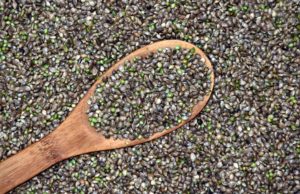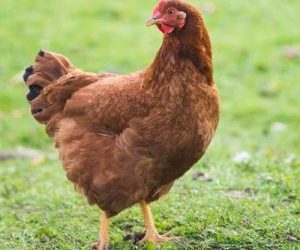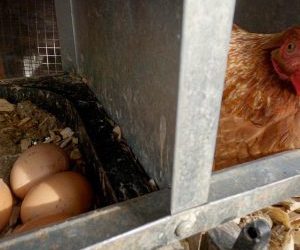The Many Uses of Hemp

Hemp is one of the most useful plants on Earth. For thousands of years, humans have used parts of the hemp plant for food, textiles, paper, fabric, and fuel oil. Today, modern processing technologies have made it possible to create alternatives to gasoline, plastic, and other petroleum products that can help the human race lessen its reliance on polluting and expensive fossil fuels. The hemp plant is a renewable resource that can be produced domestically. It grows quickly, naturally resists plant diseases, requires little weeding, thrives in most climates, and enriches the soil it grows in. Here are some of its most important applications:
Food and Nutrition
Hemp seeds and hemp oil are highly nutritious and delicious. Hemp seeds are an excellent source of protein, minerals, and dietary fibre. Hemp is the only plant that contains all of the essential fatty acids and amino acids required by the human body. These essential nutrients affect a variety of body functions, including metabolism, skin, mood, behavior, the brain, and the heart. Many people eat fish and take fish oil supplements to get these essential fats, however concerns around overfishing and the chemical contamination of modern fish have made many choose to switch to hemp instead. It is an especially excellent option for vegetarians. Hemp is also good for animals, and some veterinarians recommend including it in the diets of pets and livestock. In Europe, fishermen sprinkle hempseed on the water as an effective bait. When hempseed is included in birdseed, songbirds will pick it out of the mix as they prefer it over other seeds. Hemp foods are becoming more and more popular as the public discovers the nutritional benefits and culinary uses of hemp.
Body Care
Due to its high content of beneficial oils and natural emollient properties, hemp is becoming a common ingredient in lotions and many other skin, hair, and cosmetic products. It is a good alternative to the toxic chemicals present in many petroleum-based lotions and cosmetics.
Paper Hemp
Hemp Paper is an ideal material for making paper. It regenerates in the field in months (unlike trees which can take 30 years or more to become harvestable after planting.) Moving towards the use of hemp for paper can help save the world’s forests. Historically, hemp has been used to make paper for thousands of years. It makes a fine quality paper that is naturally acid-free and does not become yellow and brittle or disintegrate over time like conventional paper.
Fabric, Textiles, and Rope Hemp
Fabric, Textiles, and Rope Hemp can be used to make a variety of fabrics, similar to but more durable than cotton. Hemp is also excellent for making rugs and other textiles. The word canvas comes from the Latin word for hemp.
The oldest known woven fabric was made from hemp, as were Levi Strauss’ original denim jeans, and the first American flag. It was a common material for clothing until the cotton industry gained strength in America. Hemp is the traditional rope making fibre due to its flexibility, strength, and resistance to water damage. In past centuries, hemp was extremely important to the Navy, the shipping trade, and fishing because it was used to make ropes, riggings, nets, and sails.
Fuel
Fuel For centuries, Hemp oil was used as lamp oil. It began to be phased out in America in the 1870s when petroleum was introduced. Today, hemp oil can be used to create biofuels to replace gasoline for diesel engines. Unlike fossil fuels, biofuels are renewable and produce less of the greenhouse gas carbon monoxide. Plastic Alternatives Standard plastic is made from fossil fuels using toxic chemicals. Almost everything we buy is wrapped in cellophane and our landfills are full of it. A variety of alternatives to plastic can be made from hemp. In 1941, Henry Ford held a media event where he swung an ax at a prototype car body made of hemp and other plant material to prove its strength. The technology was never put into mass production, cars continued to be made of steel, and plastics made from petrochemicals became the norm. Fortunately, the number of available products made from hemp plastics is on the increase as awareness of the importance of developing sustainable alternatives grows. Building Materials Hemp-based materials can replace wood and other materials used to build homes and other structures including foundations, walls, shingles, paneling, pipes, and paint. The modern hemp building materials Hempcrete and Isochanvre are lightweight, waterproof, fireproof, self-insulating, and resistant to pests.
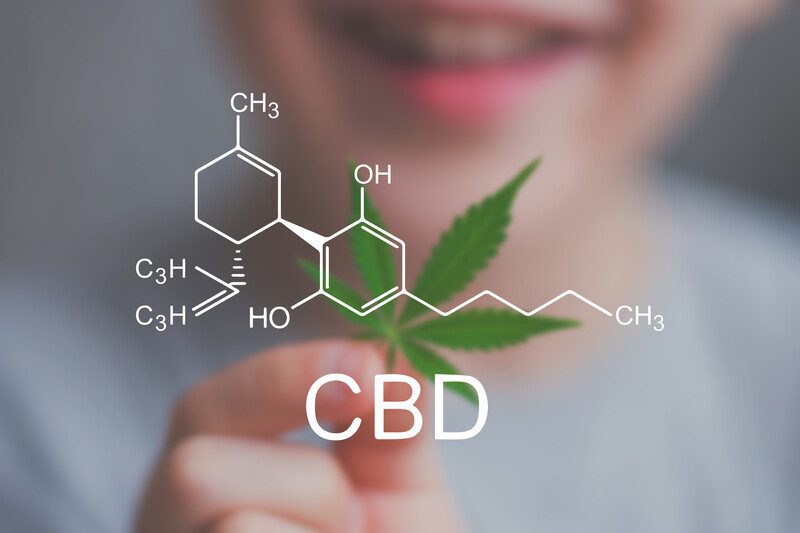
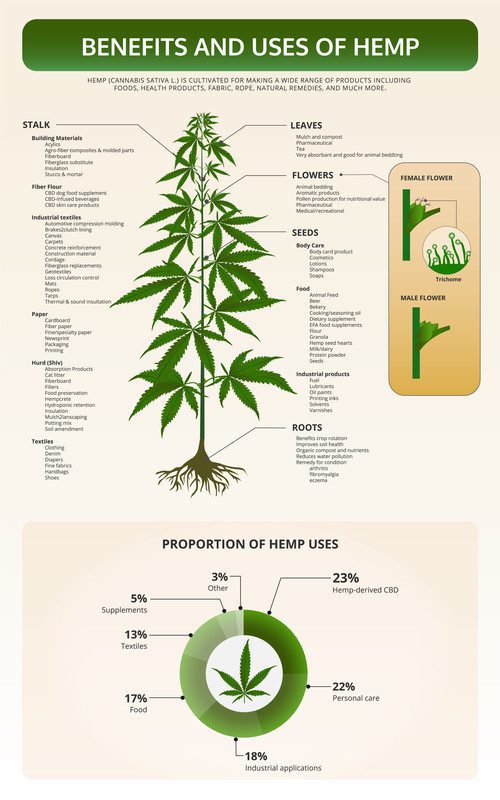
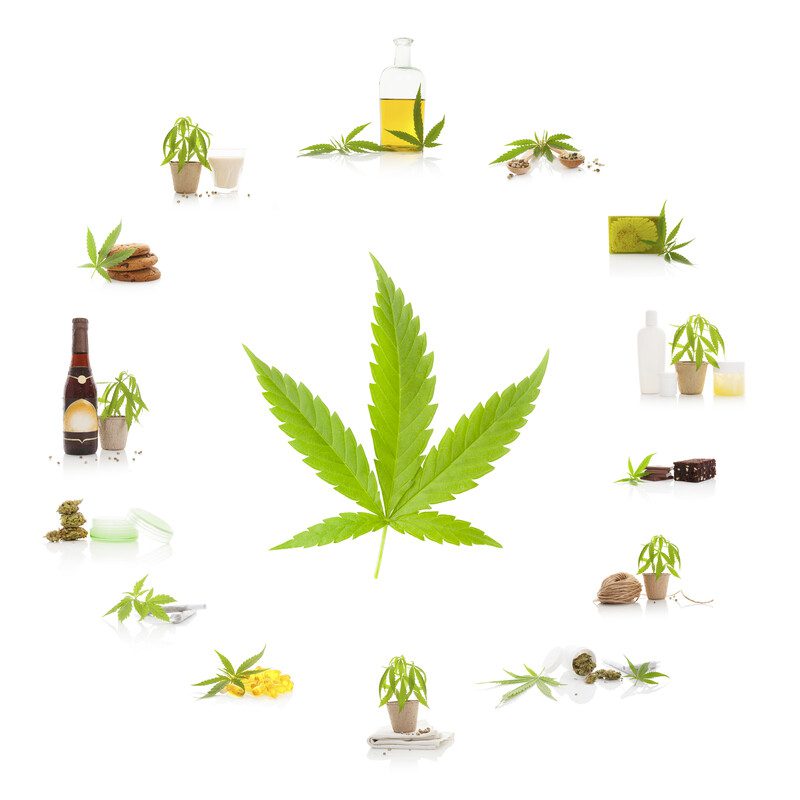
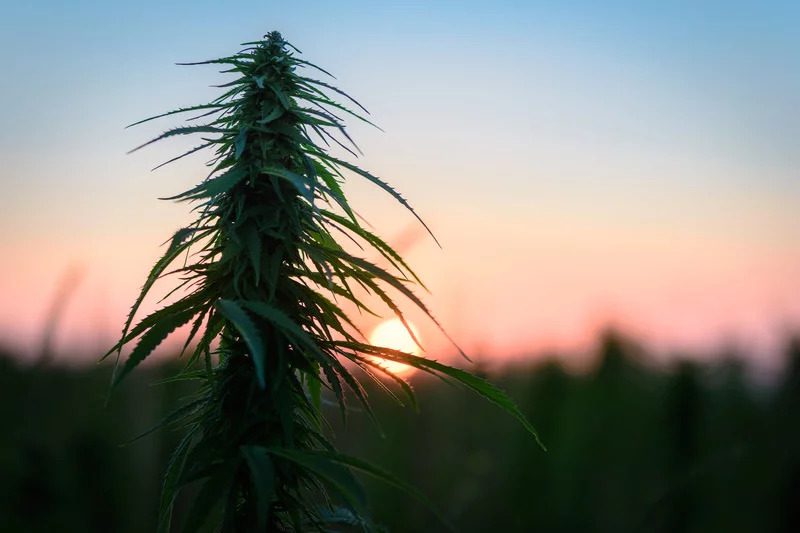
Hemp’s Past and Future
If hemp is so useful and practical, why hasn’t everyone heard of it? The answer lies primarily in politics. In the United States, growing hemp is largely prohibited and there is a great fear around it due to its resemblance to marijuana. Hemp may look like marijuana, however it does not contain the active chemicals that cause mind-altering effects.
Historically, hemp was important in America and several of the founding fathers grew it on their estates. Thomas Jefferson himself said, “Hemp is of first necessity to the wealth and protection of the country.” There were times when farmers were legally required to grow it. During World War Two, the American government encouraged farmers to grow it to help aid the war effort.
In the 1930s, a “reefer madness” campaign began in the United States to stir up fear around marijuana and hemp. Today it is clear that these beginnings of “the war on drugs” were pushed into being by the newspaper, cotton, and petroleum industries which have all benefited financially from hemp prohibition. There are many people in the United States working to make growing hemp legal, however for the time being the laws remain restrictive.
In Canada, the cultivation of hemp has been allowed by the federal government since 1998 with a special license. Fortunately, as hemp becomes a growing agricultural sector in Canada and other countries, the availability of hemp based products will continue to grow worldwide.
